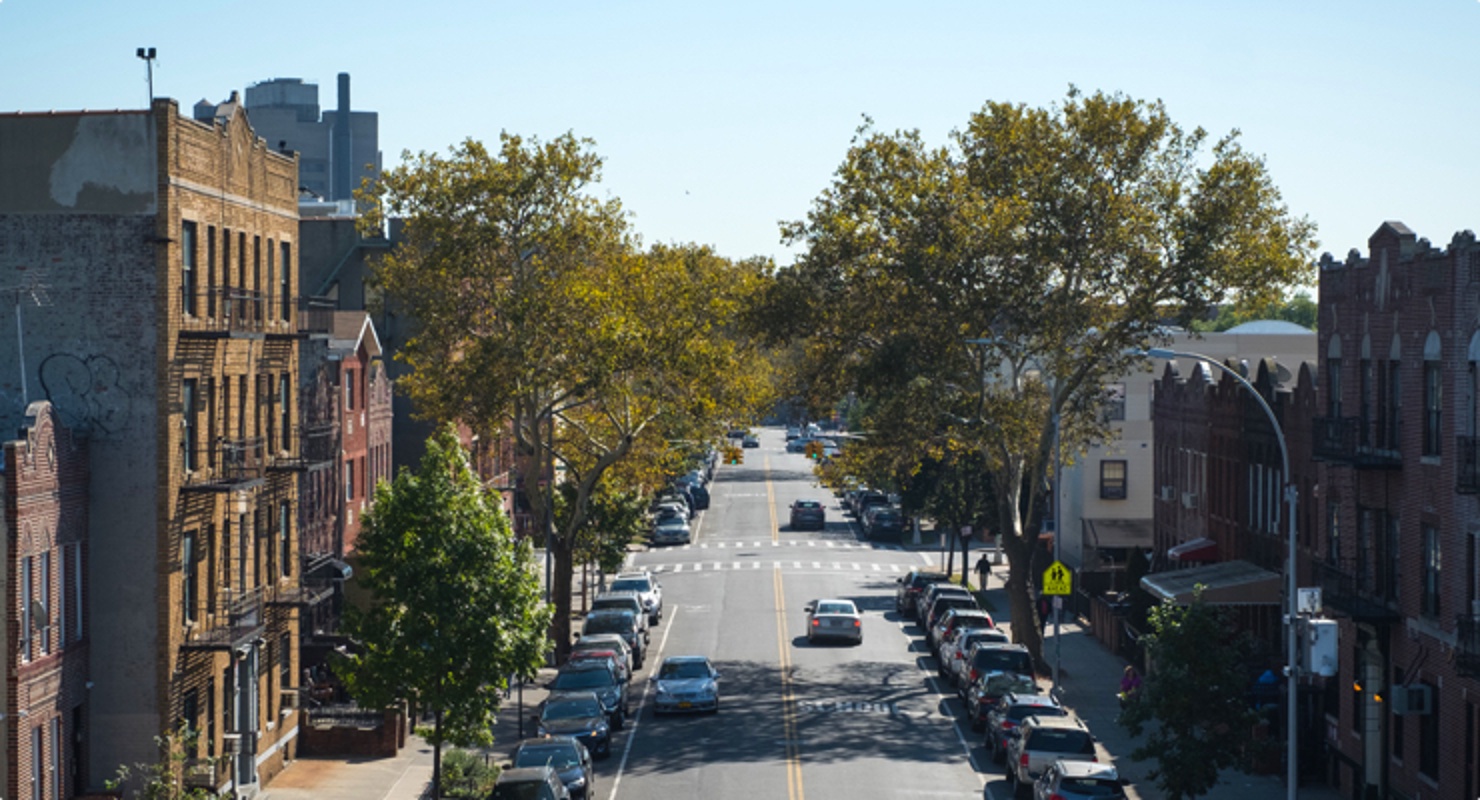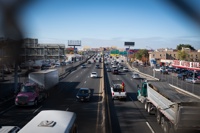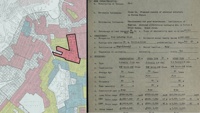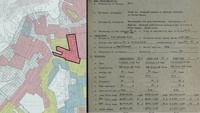Inequality and health inequities

Inequality is a significant driver of bad health: a society that deprives people of resources to stay healthy is a society where many people become sick, injured, or die because of factors outside of their control.
People tend to be healthier when they have access to economic and financial stability, higher education, adequate health care, healthy neighborhoods, and safe, strong communities.
Health inequities are systematic differences in health outcomes that result from differences in access to the conditions that keep people healthy. These are called “social determinants of health” - conditions that people are born into or experience during their lives.
These social determinants of health are shaped by local, national, and global systems of power. When these systems deprive people of the social and economic conditions that support health, those people experience worse health outcomes. Historical and contemporary racism, economic inequality, and disinvestment all determine who is placed at greater risk for bad health outcomes. Too often, these are people in low-income neighborhoods and people of color.
Interactive Heat Vulnerability Index
Your heat story
Real-time heat-related illness
Raising the minimum wage would save lives
Displacement Risk
2025 NYC Heat-Related Mortality Report
Annual analysis of heat related deaths, contributing factors, and neighborhood impacts.
Whether it’s electricity powering air conditioning in the summer, gas or oil heating in the winter, or the other forms that energy can take, people need energy to stay healthy and safe. Energy also powers life-sustaining …
Since we published this data story, some data in it have been updated. Get updated data on: Transportation-related injuries Active design Neighborhood poverty Health is determined by many factors. People tend to be healthier …
Superstorm Sandy (2012) and rainfall from Hurricane Ida (2021) broke records in NYC and resulted in injury and death. Both showed how the climate crisis is affecting the strength of storms and how profound the threat of …
Since we published this data story, some data in it have been updated. Get updated data on: Housing stability Neighborhood poverty Housing maintenance Health is determined by many factors. People tend to be healthier when …
Since we published this data story, some data in it have been updated. Get updated data on: Premature death Neighborhood poverty Unhealthy food access Self-reported health Health is determined by many factors. People tend to …
Show More
Since we published this data story, some data in it have been updated. Get updated data on: Violence Young and middle-aged adults (ages 15 to 44) do not typically die from the natural causes that kill older adults. Injuries, …
Since we published this data story, some data in it have been updated. Get updated data on: Adult lead poisoning Lead is a harmful metal that can cause serious health issues. When lead poisoning makes headlines, the focus is …
Throughout history, the distribution of wealth in the U.S. has, and continues to be, largely unequal between racial groups. This concept is referred to as the racial wealth gap and it has its roots in settler colonialism and …
Since we published this data story, some data in it have been updated. Get updated data on: Rat inspections New York City’s modern history of public health starts in the 1600s with the Bureau of Sanitary Inspections, and …
A neighborhood is not only shaped by its residents, but also by governmental practices and policies. Some of these have discriminated against residents because of the color of their skin and have segregated neighborhoods …
This story was recently updated with new data. Every year in NYC between 2017 and 2019 (The most recent data available. See all recorded years of health impacts data here), fine particulate matter pollution from motor …
Since we published this data story, some data in it have been updated. Get updated data on: Economic conditions Imagine your child has asthma. One summer night, a powerful storm rolls in and knocks the power out. Your child …
Since we published this data story, some data in it have been updated. Get updated data on: Violence Economic conditions Using public health to prevent violence Experiencing violence affects people in many ways. It not only …
Since we published this data story, some data in it have been updated. Get updated data on: Neighborhood poverty Asthma emergency department visits (ages 5 to 17) Race and ethnicity Inside the 90-year-old financial policy …
Since we published this data story, some data in it have been updated. Get updated data on: Housing maintenance Neighborhood poverty Asthma emergency department visits (ages 5 to 17) Race and ethnicity For health, place …
Since we published this data story, some data in it have been updated. Get updated data on: Heat stress: deaths Household air conditioning Hot weather is dangerous. In New York City and across the country, more people on …
Since we published this data story, some data in it have been updated. Get updated data on: Violence-related hospitalizations (all ages) Neighborhood poverty Violence has profound effects. An assault, a shooting, a homicide, …
Since we published this data story, some data in it have been updated. Get updated data on: Neighborhood poverty Asthma ED visits (age 5 to 17) Poverty affects health in many ways. In New York City, the story of asthma …














